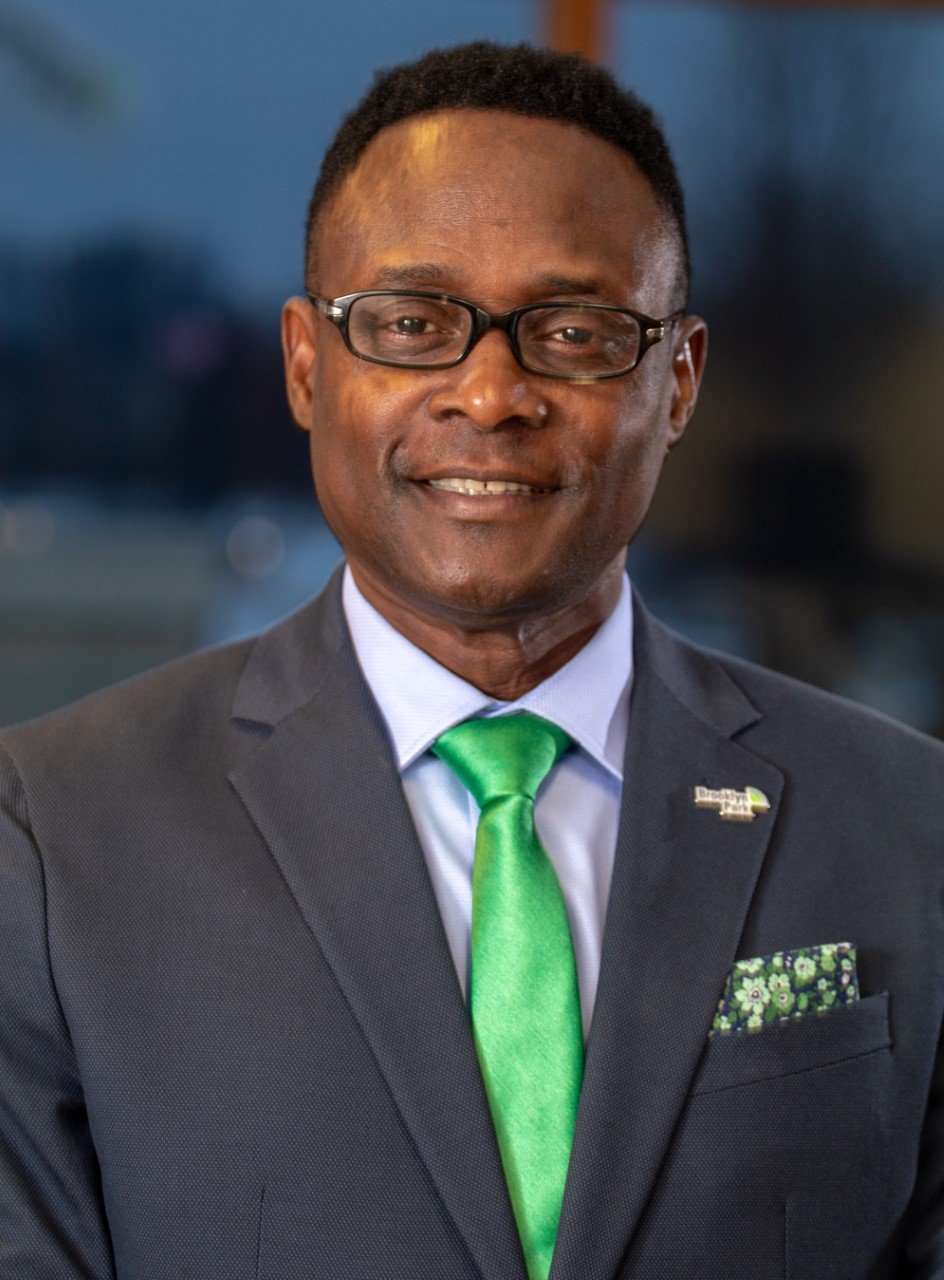
What Police Reform Means To Me
By Wynfred Russell
Since the murder of George Floyd by former Minneapolis police officer Derek Chauvin and the recent killing of Daunte Wright in Brooklyn Center, I have received a boatload of email messages listened to countless telephone voicemails and held numerous conversations. While many residents have urged me to support reforming the police, others have called for defunding or disbanding the Brooklyn Park police. I think dissolving the BPPD would be unrealistic, unwise, and a distraction to real reform. But what does “defund the police mean?
It means a lot of different things to different people.
I believe there are a lot of good ideas behind the “defunding” word. We should get beyond it and find areas where we can start thinking creatively and imaginatively about policing. We can look for less aggressive, less confrontational ways to address mental health crises, domestic violence, roadway safety, parking, and techniques that do not involve having an armed officer present.
I think many people are heartfelt about curtailing funding for the police department. And they want to find other ways of dealing with crime and violence in the city. Indeed, some excellent policies are subsumed within the defund movement that should be considered on their own – for their own sake and on their terms, like spending more money on youth programs, affordable housing, and anti-poverty initiatives, and other social service programs.
Of late, the police have become the stopgap for all the things that municipalities do not invest in or have failed to address specific societal ills. Last year, during my community listening session at Lakeland Park, I discussed finding creative ways to enforce traffic laws because research shows that most traffic laws are more about generating revenue for local governments than basic road safety.
The majority of the incidents we have witnessed over the last decade or more have escalated and led to viral videos on social media platforms. A large percentage of them originated in mundane traffic stops that got out of control. Traffic stops are the primary use of racial profiling and often create a lot of tension and animosity.
The protests that followed Daunte Wright and George Floyd’s death, have caused many white people to finally see and, if not appreciate, educate themselves about what it means to be a Black person when it comes to interactions with police officers.
As Brooklyn Park discusses police reform, how about teaching people how to act when the police stop? How about holding elected leaders accountable? It is not only about the police but about all of us. The police are merely enforcing the laws that city councils pass. They operate on contracts that we approve of. Why are elected leaders signing off on these contracts? We can blame the union for all we want, but they do not sign these contracts. We, as elected lawmakers, do.
But the union is certainly one place to start talking about reform. When police officers misbehave, which sometimes warrants their dismissal, it is almost impossible because they are protected by the police union or an arbitrator, who may not have any law enforcement experience. All across the U.S., lawmakers are working with police unions to negotiate, among other things, police officer salaries and benefits to disciplinary procedures. These contracts have become a focal point for reform that has shined a spotlight on contracts that advocates say are “getting in the way” of police accountability.
As part of our BPPD reform efforts, I would like to see a citizens’ police oversight board independent of the City Council and City Administration. It should be tasked with investigating and reviewing complaints and commendations submitted by the community members against or supporting the Brooklyn Park Police Department.
However, we must do a thorough deep dive into the inner workings of BPPD as to what is working, what is not, and what needs improvement. But reform does not mean that something is fundamentally wrong with the police department; it is a continuous improvement tool.
But it must not be done in isolation and should also call into question the rising crime rate and gun violence in many parts of the city, including recently near Zane Avenue and 63rd Avenue. Can we walk and chew gum at the same time? Well, the onus is on us – city councilmembers – and the community to push for police reform and accountability while at the same time addressing gang violence and other crimes.
Sadly, one group that has been conspicuously absent from all the conversations, meetings, and listening sessions the City Council has held about police reform and racial injustice in the last few months, is Black men. All the talk about change will be futile unless the city does a better job of involving those who are disproportionately affected by police force measures and are victims of criminal activities. African Americans and Black people must be at the table for any real reform to take hold of the BPPD.
Wynfred Russell is a Brooklyn Park City Councilmember representing the city’s West District.
Press Conference After Stetson Court HearingMarch 14, 2023In “Press Release”
Elizabeth Knight Endorses Reva…October 31, 2016In “Blog”
LIST OF TOP AFRICAN RESTAURANTS IN THE TWIN CITIESSeptember 5, 2022In “Health & Fitness”

Voices Magazine is a quarterly publication representing this age of multicultural awareness. It showcases a fascinating backgrounds of people who make-up today’s diverse community. Read More!
I\’m so glad I found your site. Your posts are consistently excellent.
I\’m truly grateful for your support. Your positive feedback keeps me motivated.
Your content is a go-to source for me when I need information. Great work, as always!
Your dedication to providing quality content is truly admirable. I\’m a fan of your work.